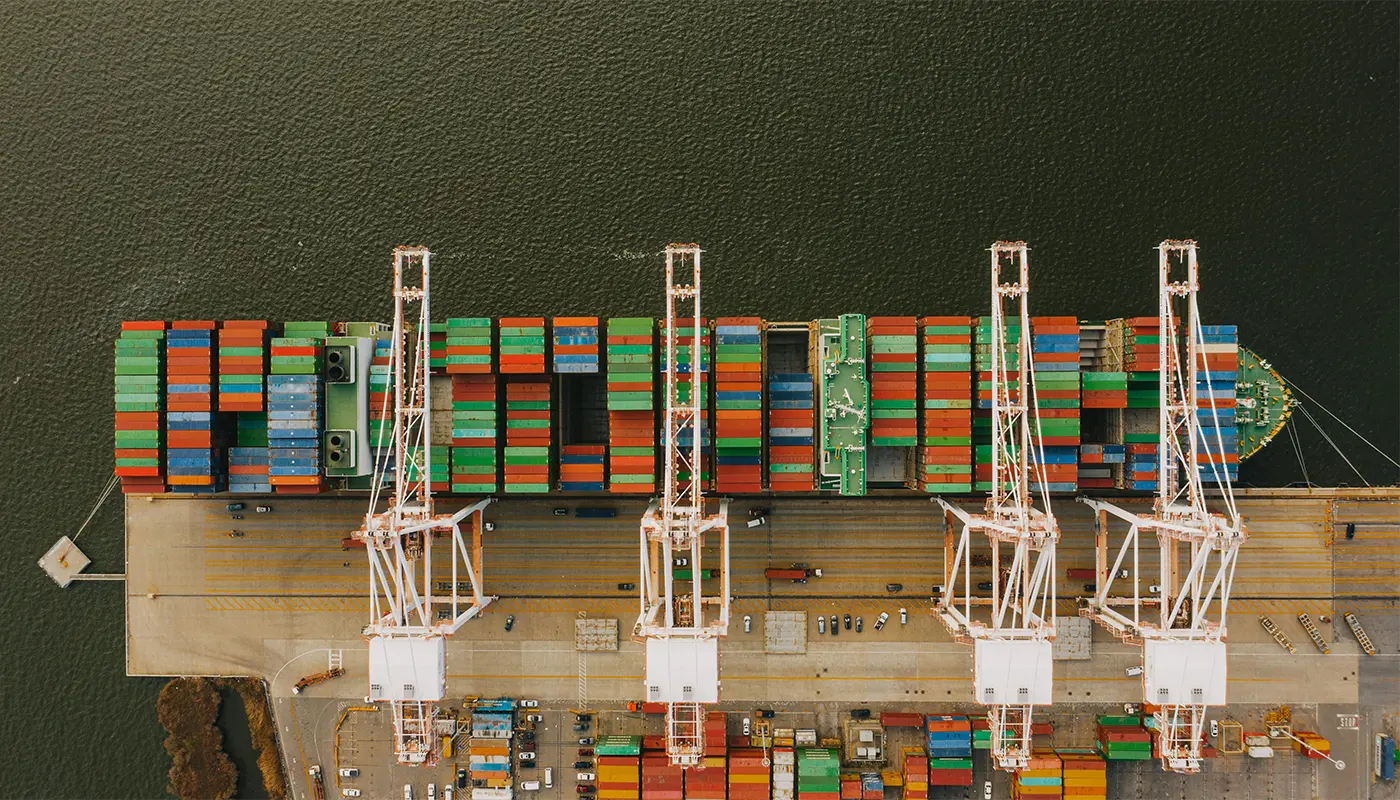The U.S. government, under President Trump, has rolled out a sweeping set of “reciprocal tariffs” that took effect recently, drawing swift and widespread condemnation from trading partners around the globe.
Tariff Overview
The new measures impose a baseline 10% levy on imports from over 90 countries, with specific tariffs ranging from 10% up to 50%—notably 50% on Brazil and India, 39% on Switzerland, and 20% on the European Union. These rates are in addition to existing duties on major trade players like China, raising effective duty levels into the 50% range.
International Reactions:
- Brazil quickly moved to request World Trade Organization consultations, denouncing the U.S. move as “unacceptable blackmail.”
- India pushed back strongly, with Prime Minister Modi vowing not to compromise farmers’ interests, even at significant economic cost.
- Switzerland, hit hardest among developed nations, warned of dire consequences for its exporters of pharmaceuticals and machinery.
- The European Union and Japan managed partial relief through negotiated concessions, including multibillion-dollar investment pledges in exchange for lower auto tariffs.
- Japan’s government raised serious concerns over WTO compliance, while France’s President Macron encouraged European firms to suspend U.S. investment plans.
Economic Ripples & Expert Warnings
Financial markets reacted sharply—U.S. stock futures declined, oil prices dropped over $2 a barrel, and Bitcoin fell 4.4%. The IMF cautioned that these tariffs could erode global demand, trigger supply shocks, stoke inflation, depress business confidence, and stall economic growth.
Analysts called the policy a significant break from decades of U.S. trade openness, warning it risks fragmenting global value chains and undermining the post-1945 rules-based trading system.
The escalatory tone of this strategy is also amid scrutiny—critics argue the methodology behind the tariffs is arbitrary and politically driven, with few formal trade agreements anchoring the policy.
Bottom line
The sweeping tariff initiative, framed by the U.S. as a move toward fairer trade, has instead sparked global pushback, economic uncertainty, and fears of a new era of protectionism.
Sources: CGTN, Global Times, Times of India, Financial Times, NPR




